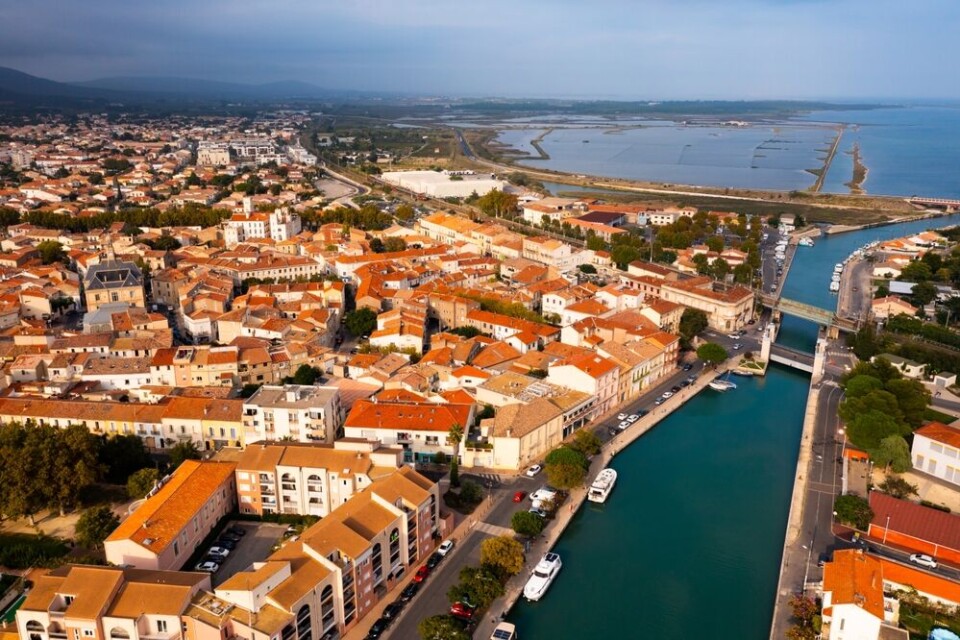-
Red flood alerts continue in south-west - and more heavy rain expected
Garonne river is particularly affected. French weekly weather forecast February 16 - 20
-
Why your car insurance in France is expected to increase this year
Premiums are forecast to rise by four to six percent in 2026
-
Two Britons killed in avalanche in French Alps were with an instructor
French skier also died in the disaster at Val d’Isère on Friday February 13
Tsunami simulation exercise to take place in south of France
Locals will be alerted by an emergency text message

An exercise simulating a tsunami is to test how ready people living near the coast are for disaster.
Authorities hope the exercise will show how well their alert system works, and how much heed people pay to it.
The simulation will take place in Frontignan (Hérault) on October 13 at an unspecified time.
People in the vicinity will be sent an emergency text message giving them one hour to evacuate the area.
#FRAlert📲
— Préfète de l'Hérault 🇫🇷 (@Prefet34) October 12, 2023
🌊#Exercice tsunami vendredi 13 octobre à Frontignan (après-midi)
Pour la 1ère fois dans l'#Hérault le dispositif FR-ALERT sera testé➡️les personnes présentent dans le secteur recevront une notif FR-Alert sur leur téléphone
Pas d’inquiétude, il s'agit d'un EXERCICE! pic.twitter.com/i53G5sxRDU
Could a real tsunami happen in France?
Authorities believe that tsunamis represent a real, albeit by no means imminent, danger to French coasts.
According to a UNESCO report from 2022, there is “almost a 100% chance of a one metre high tsunami wave in the Mediterranean within the next 30 years.”
Announcing the exercise in Frontignan, the Hérault prefecture agreed that the possibility of a tsunami is real.
“The tsunami risk in the Mediterranean is very real due to the convergence of two tectonic plates beneath us,” it said in a statement.
“Beaches, ports and urban areas close to the sea could all be affected.”
Indeed, the risk posed by seismic activity was brought home on October 11 as a small earthquake struck Dordogne.
The risk is much higher in France’s overseas departments such as Réunion which was struck by the cataclysmic tsunami of December 26, 2004.
In Réunion it only resulted in material damage. However the same tsunami caused over two hundred thousand deaths in Indonesia and Thailand.
The FR-Alert text message system
The simulated tsunami will give authorities the occasion to test their emergency test message system FR-Alert.
This system, first deployed in June 2022, can alert people in a local area to an imminent danger.
It will be used in Frontignan on Friday to warn people to evacuate the beach.
In addition to the text message system, France also has 2,000 warning sirens, which are tested every first Wednesday of each month.
Related articles:
Relief as tsunami alert in southern France turns out to be a mistake
Earthquake in western France: witnesses invited to file reports
























